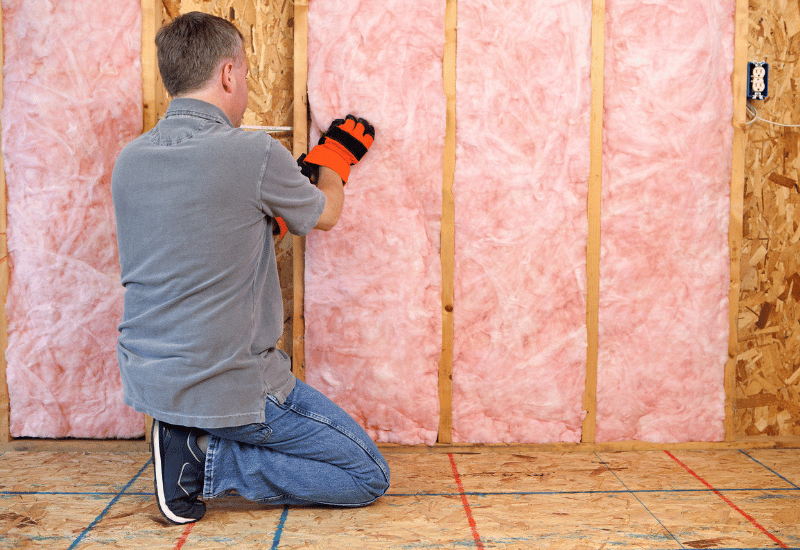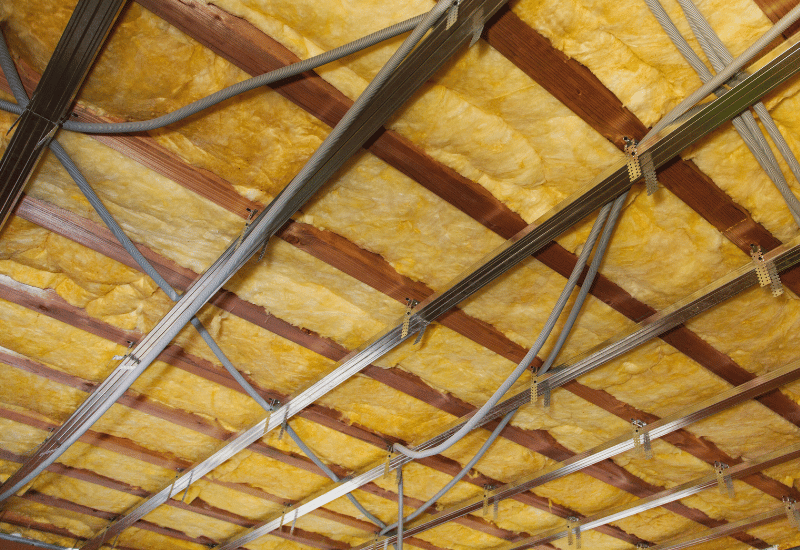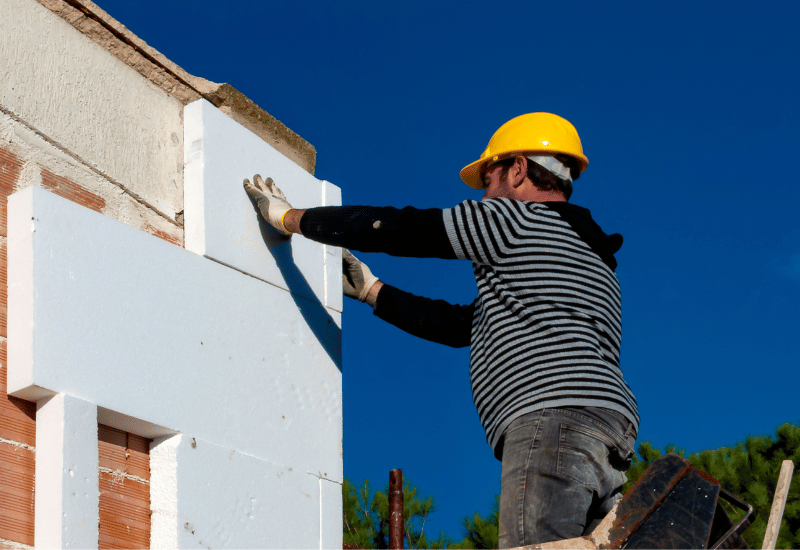
What is Insulation?
Insulation is a material that restricts the transfer of heat. In the context of buildings, it's a critical component that regulates indoor temperature, enhances energy efficiency, and improves overall comfort.

How Insulation Works
Insulation works by creating a barrier that impedes the flow of heat. This barrier can be in the form of a solid, liquid, or gas. When heat encounters this barrier, it is either reflected, absorbed, or slowed down, reducing the amount of heat that can pass through.

Types of Insulation
- Fiberglass: A common type of insulation, fiberglass is made from thin strands of glass fibers that are bonded together. It's versatile and can be used in walls, attics, and floors.
- Cellulose: Made from recycled paper products, cellulose insulation is a good choice for those seeking eco-friendly options. It offers excellent thermal performance and sound absorption.
- Mineral Wool: This type of insulation, including rock wool and slag wool, is fire-resistant and can withstand high temperatures. It's often used in commercial and industrial applications.
- Foam Insulation: Foam insulation, such as polyurethane foam and spray foam, is a good choice for air sealing and filling gaps. It offers excellent thermal performance and can be applied to various surfaces.
Benefits of Insulation
- Energy Efficiency: Reduces energy consumption for heating and cooling, leading to lower utility bills.
- Improved Comfort: Maintains a consistent indoor temperature, reducing drafts and temperature fluctuations.
- Enhanced Soundproofing: Reduces noise transmission, creating a quieter living environment.
- Increased Property Value: Well-insulated homes are often more valuable.
- Environmental Impact: Contributes to reduced greenhouse gas emissions.
Considerations for Insulation
- Climate: The climate in your region will influence the type and amount of insulation needed.
- Building Construction: The construction materials and design of your home will impact insulation requirements.
- Installation: Proper installation is crucial for optimal performance. It's often best to hire a qualified professional.
- Maintenance: Regular inspection and maintenance can help ensure the long-term effectiveness of your insulation.
By understanding the principles and benefits of insulation, you can make informed decisions to improve the energy efficiency and comfort of your home. If you need more expert advice, feel free to visti us at any of our 19 branches across Ireland.
